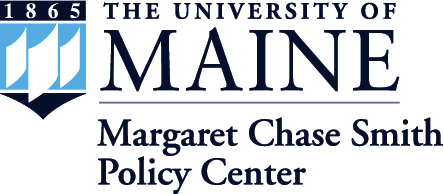Abstract
Fifty years of technological advances in fishing and the differing consequences of state and federal scientific and regulatory methods are examined to discern lessons for the future of Maine’s fisheries. This examination suggests that Maine’s fishery management is consistent with the governance approach recommended from study of social-ecological systems (SES), an adaptive systems approach suitable for an era of climate change. Maine’s regulations have demonstrated a way to break the pattern of overfishing and persistent depletion that has characterized fishing for over 200 years. As the gulf changes, the state’s coastal community fisheries have a strong foundation for incorporating a wide range of science, local observation, and stewardship into the use of specific geographies for all species. Investment in this type of governance is consistent with conducting an important industry within the bounds of a natural system, in perpetuity. An investment in this type of governance will have lasting value.
First page
7
Last page
11
Rights and Access Note
This Item is protected by copyright and/or related rights. You are free to use this Item in any way that is permitted by the copyright and related rights legislation that applies to your use. In addition, no permission is required from the rights-holder(s) for non-commercial uses. For other uses you need to obtain permission from the rights-holder(s).
DOI
https://doi.org/10.53558/AWRZ7200
Recommended Citation
Alden, Robin. "Lessons for the Future from 50 Years of Maine Fisheries." Maine Policy Review 32.2 (2023) : 7 -11, https://digitalcommons.library.umaine.edu/mpr/vol32/iss2/1.
Creative Commons License

This work is licensed under a Creative Commons Attribution-NonCommercial-No Derivative Works 4.0 International License.
